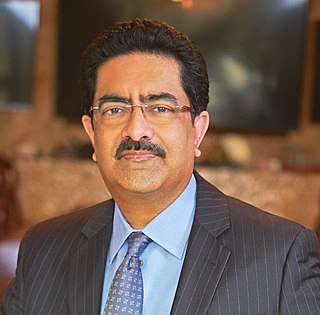A Quote by Michio Kaku
Nations that use commodity capitalism as a stepping-stone to a mixed economy based on commodity/intellectual capitalism will most likely become rich.
Related Quotes
The food we eat masks so much cruelty. The fact that we can sit down and eat a piece of chicken without thinking about the horrendous conditions under which chickens are industrially bred in this country is a sign of the dangers of capitalism, how capitalism has colonized our minds. The fact that we look no further than the commodity itself, the fact that we refuse to understand the relationships that underly the commodities that we use on a daily basis. And so food is like that.
Economic theory has nothing to say as to what commodity will acquire the status of money. Historically, it happened to be gold. But if the physical makeup of our world would have been different or is to become different from what it is now, some other commodity would have become or might become money. The market will decide.
Capitalism and socialism are two distinct patterns of social organization. Private control of the means of production and public control are contradictory notions and not merely contrary notions. There is no such thing as a mixed economy, a system that would stand midway between capitalism and socialism.
Capitalism can never pursue deterritorialization to the absolute. What deterritorialization there is within capitalism is always balanced by a compensatory lockdown onto nation, culture, and race. Hence the 'Steampunk' quality of capitalism, where the most ancient traditions can co-exist with the ultramodern.
The so-called consumer society and the politics of corporate capitalism have created a second nature of man which ties him libidinally and aggressively to the commodity form. The need for possessing, consuming, handling and constantly renewing the gadgets, devices, instruments, engines, offered to and imposed upon the people, for using these wares even at the danger of one’s own destruction, has become a “biological” need.
There's a real difference between venture capitalism and vulture capitalism. Venture capitalism we like. Vulture capitalism, no. And the fact of the matter is that he's going to have to face up to this at some time or another, and South Carolina is as good a place to draw that line in the sand as any.
In reality, every single negotiation involves another commodity that's far more important to us, which is time - minutes, hours, our investment in time. So even if you're talking about dollars, the commodity of time is always there because there has to be a discussion about how the commodity of dollars is moved.




































